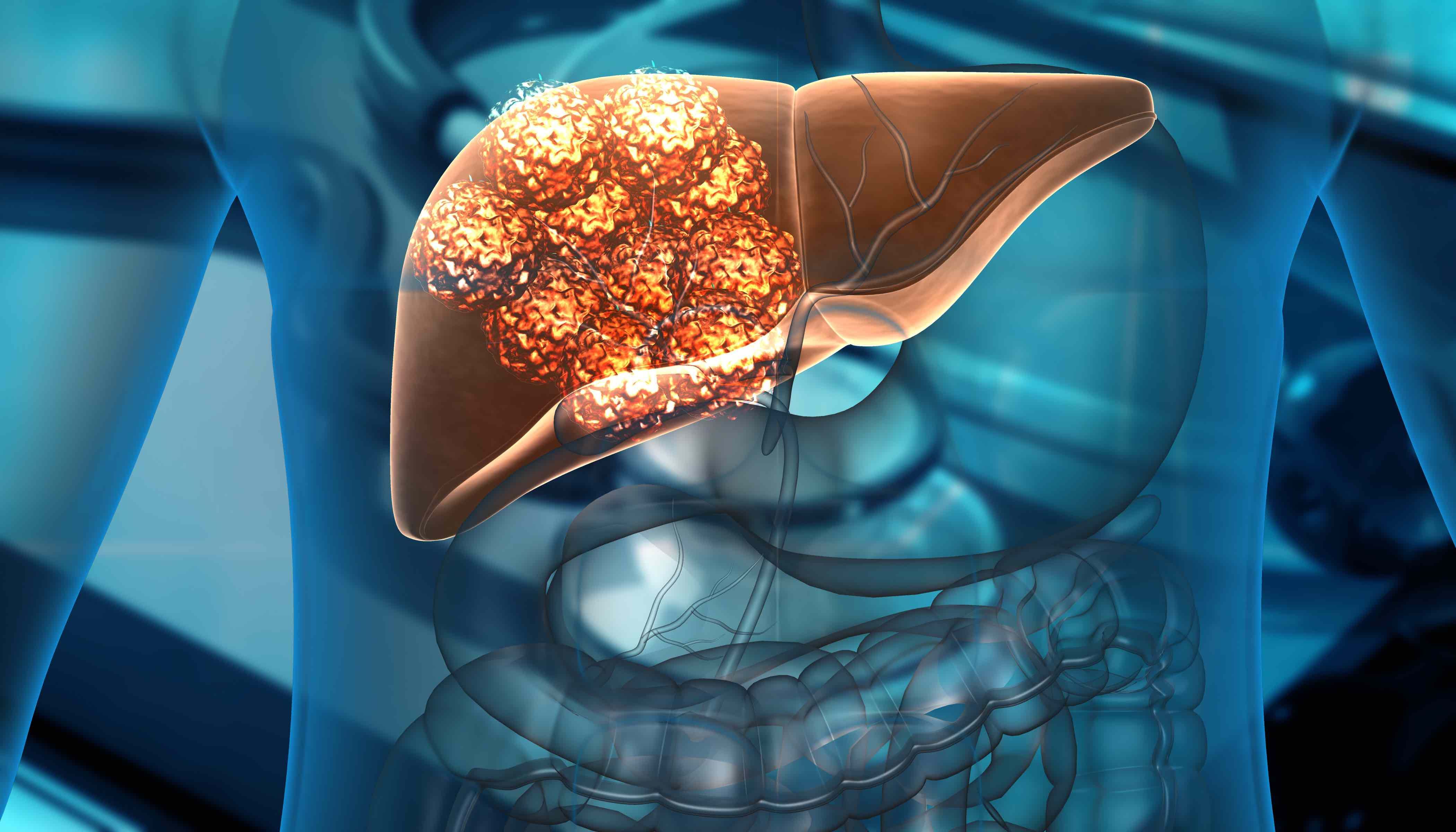- Center on Health Equity and Access
- Clinical
- Health Care Cost
- Health Care Delivery
- Insurance
- Policy
- Technology
- Value-Based Care
Machine Learning Model Predicts Hepatocellular Carcinoma Risk in Patients With MASLD
Machine learning models have potential for early identification of patients with metabolic dysfunction-associated steatotic liver disease (MASLD) who are at risk of hepatocellular carcinoma.
Machine learning models have potential to help physicians identify patients with metabolic dysfunction-associated steatotic liver disease (MASLD; formerly non-alcoholic fatty liver disease) at risk of hepatocellular carcinoma (HCC) early, according to a study published in Gastro Hep Advances.1
“MASLD can lead to HCC, but the disease is quite sneaky, and it’s often unclear which patients face that risk,” study co-author Aniket Alurwar, a clinical informatics specialist at the UC Davis Center for Precision Medicine and Data Sciences, said in a statement.2 “It doesn’t make sense to biopsy every patient with MASLD, but if we can segment for risk, we can track those people more closely and perhaps catch HCC early.”
In the study, 1561 patients diagnosed with MASLD at UC Davis were included in a cohort to train the model, and 686 patients with MASLD at UC San Francisco were included in a validation cohort. A total of 227 patients (14%) in the training cohort developed HCC, while 176 (25%) in the validation cohort developed HCC.
Liver cancer | Image credit: Rasi - stock.adobe.com

The researchers began by testing 9 preliminary algorithms in the UC Davis cohort after randomly splitting the group into training (n = 1404) and validation (n = 157) cohorts. These were narrowed down to a short list of 5 algorithms that were compared and validated in the full UCSF cohort.
Five risk factors associated with liver function were identified, with the most impactful single predictor being advanced fibrosis, which was determined by non-invasive Fibrosis-4 Index (FIB-4) scores. High cholesterol, hypertension, bilirubin, and alkaline phosphatase (ALP) were also risk factors associated with liver function.
The final model, a gradient boosted–based algorithm, showed 92.06% accuracy in predicting HCC, with an area under the curve (AUC) of 0.97, an F1-score of 0.84, 98.34% specificity, and 74.41% sensitivity.
“We got 92.12% accuracy when predicting which MASLD patients would develop HCC, which is very good for a pilot model,” Alurwar said.2 “Patients with low FIB-4 are typically considered low risk and do not get referred for further assessment. By showing which of these ‘low risk’ patients could develop HCC, we can get them referred for liver biopsies or imaging.”
The study was limited by relatively small cohorts within a single geographic region, but it lays groundwork for future machine learning studies in this area, Alurwar et al explained.1 The study also relied on International Classification of Diseases, 10th Revision, Clinical Modification codes for cohort and outcome information, which could potentially limit the study’s generalizability for patients with MASLD and HCC. Other types of liver cancer, although rarer then HCC, were also not included in the model.
Another limitation was the lack of data such as clinical notes, biopsy results, or non-invasive test records, which may offer additional opportunities to fine-tune the algorithm.
“We believe we can improve the algorithm by incorporating the clinical notes and perhaps other information,” Alurwar said. “Embedding this data should create an even more powerful model that we can then test to see how it performs.”2
References
1. Sarkar S, Alurwar A, Ly C, et al. A machine learning model to predict risk for hepatocellular carcinoma in patients with metabolic dysfunction-associated steatotic liver disease. Gastro Hep Adv. Published online January 23, 2024. doi:10.1016/j.gastha.2024.01.007
2. UC Davis Health team uses AI to predict risk of liver cancer. News release. UC Davis Health. February 29, 2024. Accessed March 22, 2024. https://health.ucdavis.edu/news/headlines/uc-davis-health-team-uses-ai-to-predict-risk-of-liver-cancer/2024/02
Dr Kathy Zackowski Discusses the Importance of Rehabilitation Research and Trials in MS
April 26th 2024Kathy Zackowski, PhD, National MS Society, expresses the inherent value of quality rehabilitation trials for broadening clinical understandings of multiple sclerosis (MS) and bettering patient outcomes.
Read More
